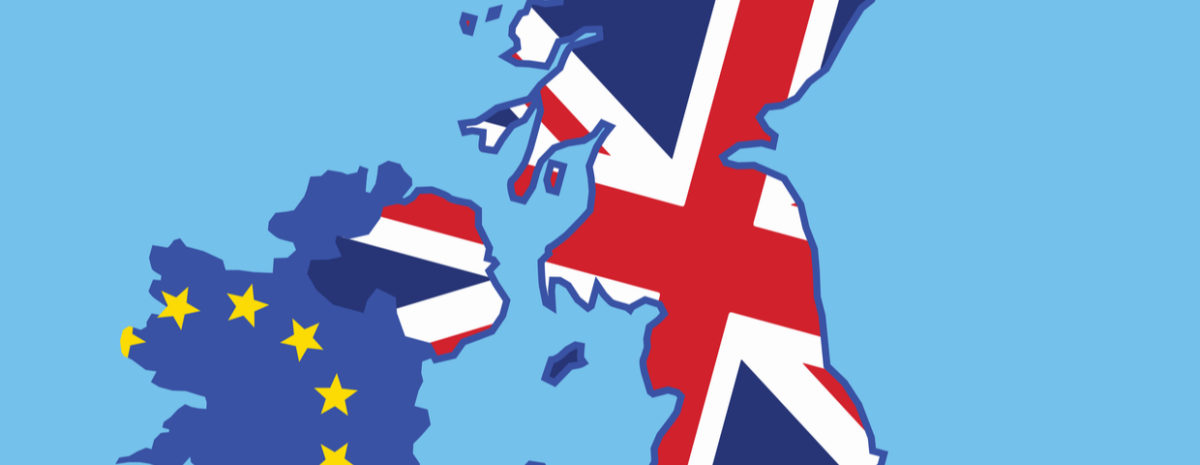Bank of England’s “sluggish response” has increased the risk of long-term inflation, says IEA economist
SUGGESTED



“The jump in consumer price inflation to 9 per cent in April was not quite as bad as some had feared, but the soaring cost of living is still extremely worrying. Without more action from both the Bank of England and the government, this crisis could still get worse.
“It is the Bank of England’s job to worry about the overall level of inflation. Most commentary on today’s data is focusing on the individual prices that are rising the most, notably the cost of energy. But monetary policy has also been too loose, for too long.
“Central banks may not be able to do anything to prevent external shocks, such as the war in Ukraine or the jump in global food prices. But they can keep monetary growth under control, so that higher inflation in some sectors is offset by lower inflation elsewhere.
“Strong and decisive action can also help to ensure that inflation expectations remain low. In contrast, the Monetary Policy Committee’s sluggish response has undermined credibility, and increased the risk that a temporary jump in inflation persists for longer.
“What’s more, lower expectations for inflation in the future can also reduce inflation now. If firms are more confident that higher inflation will be temporary, they are more likely to absorb cost increases rather than pass them on.
“Andrew Bailey’s calls for people to ask for smaller pay increases are unhelpful. Wages are a relative price like any other, and should be left to the markets. Higher wages will help to reduce the hit to real incomes and encourage more people to return to work, thus reducing labour shortages.”
Commenting on what the government could do to ease inflationary pressures on households, Julian said:
“In the meantime, there is more that the government can do to protect the most vulnerable. The Chancellor might still hope that he can wait until the autumn before taking any further action. After the hike in April, domestic energy bills are at least now capped until October. In the meantime, there is already more help coming in July, when the threshold for paying National Insurance is increased (a tax for low earners).
“However, the cost of living crisis has now spread to food prices, and inflation is likely to remain higher for longer than anticipated in the Spring Statement. Consumer confidence is also so fragile that it may be too risky to delay the announcement of additional help until the autumn.
“An effective package should include a mix of benefit increases, tax cuts and measures to lower energy prices, and mainly be targeted at low-income households. Options include reinstating the temporary uplift to Universal Credit, eliminating VAT on domestic energy, increasing the Warm Home Discount, and removing some of the policy levies from standing charges.
“None of this requires a ‘windfall tax’ on energy companies. If necessary the government should be willing to borrow more to prevent a recession, which would be even worse for the public finances. But in practice the Treasury is already raking in more money than expected, as higher nominal incomes, profits and prices all help to boost tax revenues.”
ENDSNotes to editorsContact: media@iea.org.uk, 07763 365520IEA spokespeople are available for interview and further comment.



